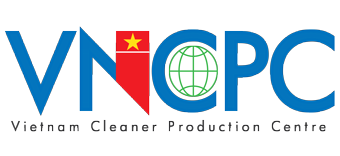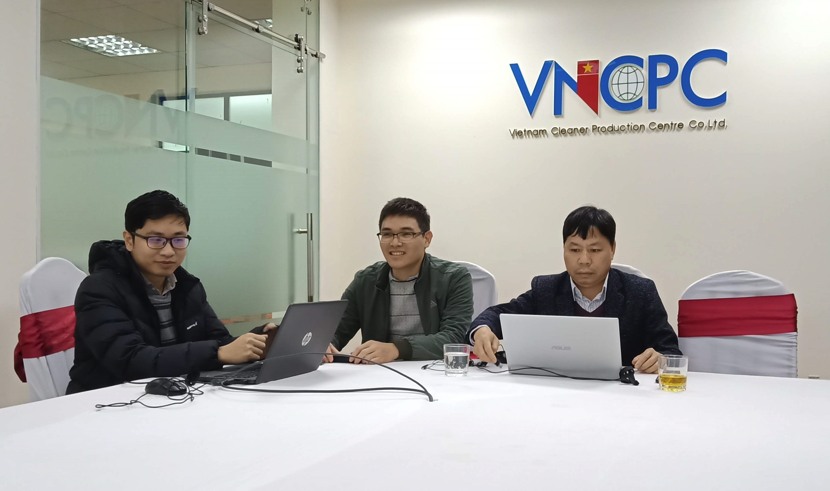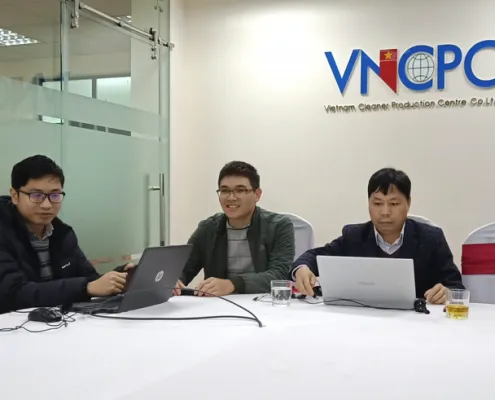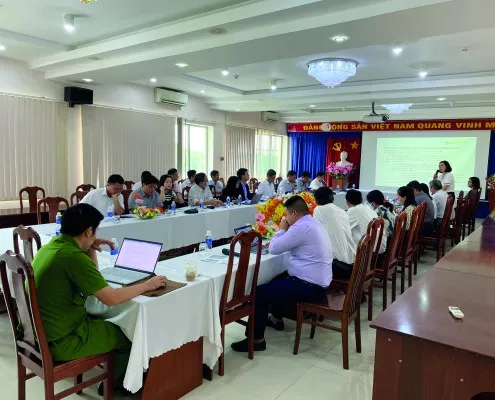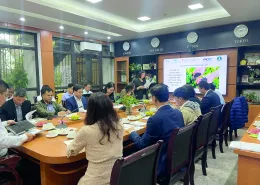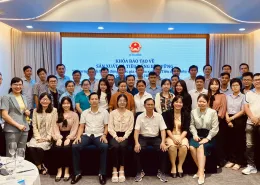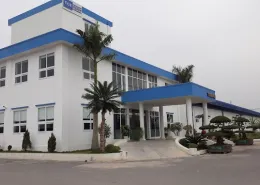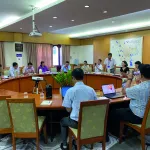- Donor: SECO
- Leading partner: MPI (PMU) and UNIDO
- Implementing partners: VNCPC, dss+, SEN 26
- Duration: 05/2021 – 04/20224
- Sector: Industry
- Region: Vietnam
- Contact: Vu Nang Nam
- Email: nam.vn@vncpc.org
- Tel: (84-24) 3868 4849 – ext 16
Overall objective
This service is part of the SECO funded project “Eco-industrial Park Intervention in Viet Nam – Perspective from Global Eco-industrial Parks Programme (GEIPP) , which is currently implemented by UNIDO in the developing and transition countries. In Viet Nam, it is jointly implemented by the government coordinating agency, MPI, and UNIDO in the period of 2020 – 2023. The development objective of the project is in line with that of GEIPP, to demonstrate the viability and benefits of Eco-industrial Park approaches in scaling up resource productivity and improving economic, environmental, and social performances of businesses and, thereby, contributing to an inclusive and sustainable industrial development in Viet Nam. The targeted industrial parks are Deep C (Hai Phong city) and Amata (Dong Nai province) together with their resident companies.
Activities
Main activities of the project
Enterprises participating in the project will be supported with the following activities:
- Capacity building on RECP, industrial symbiosis (IS), and the eco-industrial park concept at the level of the industrial park;
- Rapid RECP assessment and guidance to identify wastes in the production process, and interventions at expected no-or-low-cost reduction in energy, material, water, and chemicals consumption;
- Development of feasibility studies for selected RECP, and IS interventions;
- Accessing financing sources for IS interventions.
Activities in 2021 – 2022
Although the Covid situation in Vietnam in 2021 was very complicated resulting in the delay of some project activities, the training courses were successfully organized for Deep C IP on 15/07 and 27- 28/07/2021, and Amata IP on 13-14/01/2022 with online format.
- RECP/IS assessment and consultancy

- IS workshops organization

In 2023
- Monitored results of the RECP assessment component at the participating enterprises:

- Assisted IPs in identifying and implementing IS opportunities:

Next steps
- VNCPC and financial experts continue to support businesses/IP developers implementing proposed RECP/IS solutions;
- VNCPC and policy experts complete policy recommendation reports to develop EIP in Viet Nam;
- Collect data, evaluate and build a waste management system for Deep C and Amata IP
